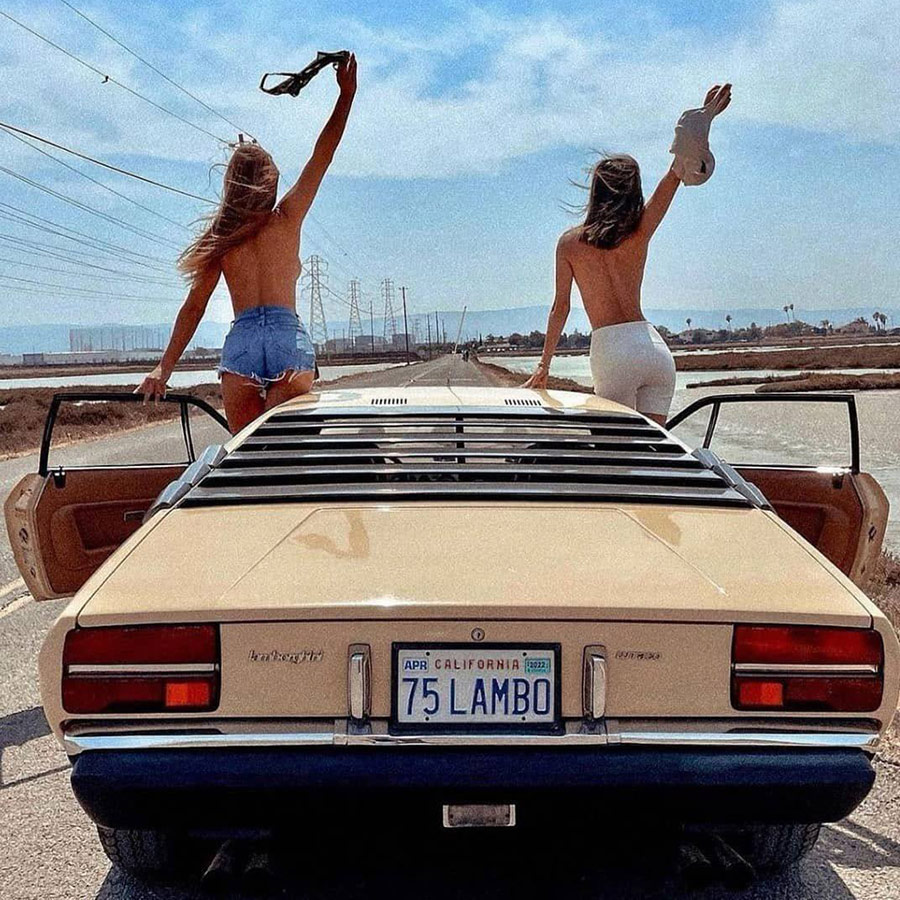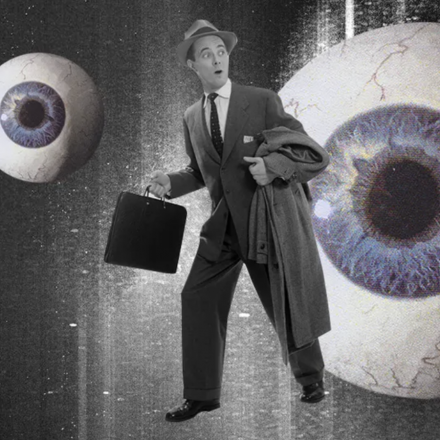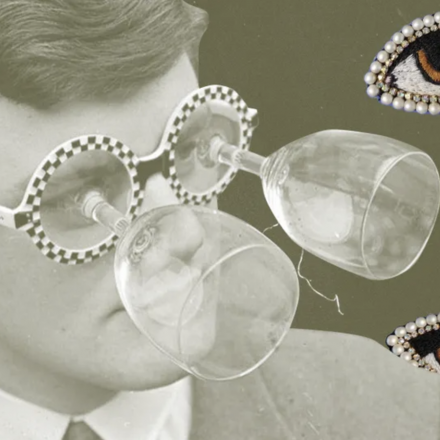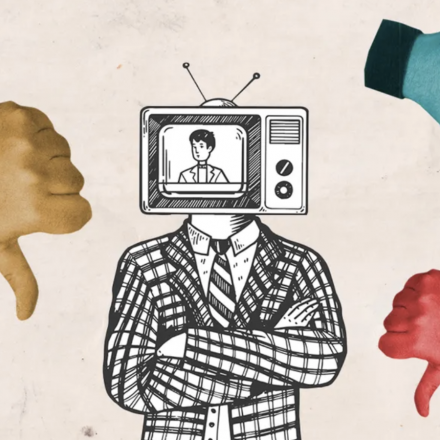When was the last time you felt joy after buying a new smartphone? Or how about that trendy jacket now gathering dust in your closet? For a few days, you felt happy, maybe even proud. And then? As soon as a friend or colleague flaunted something newer and cooler, that joy vanished.
Man and His Material Desires
German scientists have discovered that over the last 50 years, the standard of living for Germans has risen by 400%. Sounds great, right? But here’s the paradox: the number of people suffering from depression has increased by 38%. The question is, how is that possible?
The answer is simple. We live in an era of endless consumption, where new products and services are pushed on us through clever marketing tricks. Take Henry Ford, for example, whose cars changed the face of America in the early 20th century. He created a revolutionary system of mass production, and cars began filling the roads. Soon, the market became saturated, sales dropped, and that’s when marketers came up with a brilliant trick: they started making owners of old cars feel inferior. "Why drive an old car when there’s a newer, better one?" That’s how they made millions.
Fashion That Pulls You Down
This trick worked not only with cars but also with clothes, gadgets, and cosmetics. A few examples: fashion houses release new collections every six months, and suddenly everyone starts talking about how green or pistachio is the color of the season. Why? To make you feel uncomfortable if you’re still wearing last year’s red sweater. And so, back to the store you go.
Phones that have been on the shelf for only a few months become outdated with the release of a new model. We begin to feel that our lives are not as "cool" if we don’t have the latest iPhone.
Manipulation or Art?
Corporations use colossal amounts of money to influence our minds. They spend up to $500 billion a year on advertising! That’s about the same amount it would take to solve world hunger. But, of course, why save people when you can continue selling them shiny junk?
We are becoming slaves to consumption, buying more and more, but the happiness from it fades faster and faster. The joy from buying a new thing lasts only briefly, and once someone shows off something newer, your happiness turns to dust.
The Choice is Ours
Today we live in a world that dictates its rules. But it’s us who choose whether to fall for these tricks or not. Every purchase is our voluntary surrender of freedom. The consumer race is a vicious cycle that can only be broken by a conscious choice.
So, what do you choose? To be happy for a day or to be free?


















